Paris to Italy, and back again. With poetry for comfort, and a very great loss . . .
. . . and the usual footnotes
Five days ago I was writing this:
We are in Florence, right now, after 2 fabulous days at the Lucca Comics & Games Festival. The best way to describe it is as San Diego ComicCon in a medieval walled city with really good food. The folks at our Italian publisher, Mondadori, were terrifically warm & welcoming - we mostly hung out at their huge booth, and we all got along like a house on fire. We did one Event, where we were interviewed by two women who turned out to be major Italian BookTok’ers. We did our best to be charming as all get-out, and parted with mutual declarations of affection. Did 2 signings, and a video.

In Florence, we’re staying in the apartment of friends who aren’t there. We miss them, but we’re delighted to get their bedroom, along with the kitchen and a lot of great books & art.
Back to Paris on Tuesday - weird that that is going to feel like Real Life after this!
We were meant to return to Paris on Nov. 5 by train. We love trains. But Italian workers declared a sudden train strike, so we got an extra day in Florence, which honestly did not suck.
On November 6th we got on Train #1 in Florence at 10:30 a.m. Changed in Milan for the train to Zurich, which gave us some beautiful views through the lower Alps.
We had 2 hours in Zurich - just enough to take a walk in the Old City near the train station, admire the charm & the sunset, and buy some excellent pastry.1
Pulled into Paris at 10:45 p.m., got home after 11:00, and spent the next day recovering from a lot - though our day was lightened by a visit from our colleague Mary Robinette Kowal, whose publisher had brought her here. In fact, between her letting us know when she’d be over and the time she left, I booked her a haircut at my beloved Medley. She biked over there, got the haircut, and came back for quick hugs before she had to meet other friends for dinner.
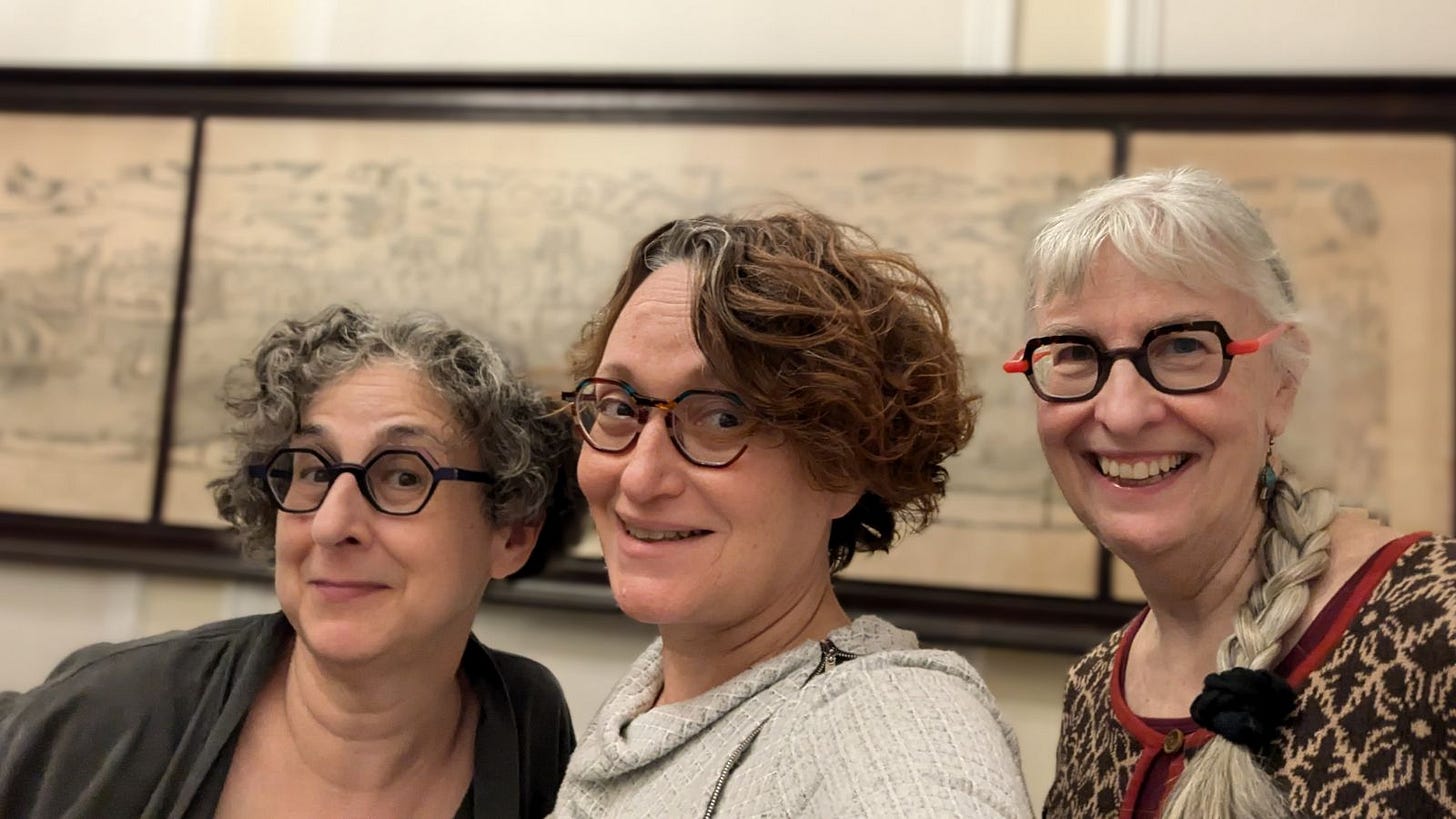
This is a life I love.
November 6, 2024
When I wasn’t looking at lakes and mountains on the train, I was glued to Facebook, keeping vigil with my friends and countrymen. I found this poem by W. B. Yeats:
To A Friend Whose Work Has Come To Nothing
Now all the truth is out,
Be secret and take defeat
From any brazen throat,
For how can you compete,
Being honor bred, with one
Who were it proved he lies
Were neither shamed in his own
Nor in his neighbors’ eyes;
Bred to a harder thing
Than Triumph, turn away
And like a laughing string
Whereon mad fingers play
Amid a place of stone,
Be secret and exult,
Because of all things known
That is most difficult.
It might not be a bad time for Kathleen Jennings’ BE BOLD stickers (or Tshirts) on her Tanaudel RedBubble page:
All of this did help me to realize that, when we are overwhelmed, we do indeed turn to art.
Which in turn makes me wonder:
What books are you reading right now?
At the beginning of the Covid Pandemic, when all was terror and uncertainty, a lot of people were able to read only books they’d read before. Me, I turned to beloved children’s authors, but was just as happy to find some Joan Aiken Dido Twite books I didn’t know. There’s a lot of chat online about comfort movies right now, too. I find it’s a lot easier to watch a movie/TV than to read, as it’s entirely passive, and I can lose all sense of being in the physical world in a way I can’t when I’m holding a book.2
But I’d still like to know what sort of things you’ve been reading since November 5th.
Dorothy Allison, April 11, 1949 – November 6, 2024
I am gutted to learn that writer Dorothy Allison died on November 6th, as well.
I’m not sure why it’s hitting me so hard. I really loved her writing - began, as so many of us did, with BASTARD OUT OF CAROLINA, given to me by a close friend who recognized some of her own life in it, too, so maybe it’s that? Maybe it’s because I didn’t even know Allison was sick; I knew she loved some of our work,3 and I kind of thought she’d go on forever? Maybe because she represented a lot of things to me, and this is the wrong time for her to go missing?
Her NYTimes Obituary is gorgeous. Here’s a Gift Link, and here are some excerpts:
Dorothy Allison, who wrote with lyrical, pungent wit about her working-class Southern upbringing — and about the incest and violence that shaped her — and whose acclaimed 1992 novel, “Bastard Out of Carolina,” based on her harrowing childhood, made her a literary star, died on Tuesday at her home in Guerneville, Calif., in Sonoma County. She was 75. Her death, from cancer, was announced by the Frances Goldin Literary Agency, her longtime representative.
Ms. Allison liked to describe herself as a “cross-eyed, working-class lesbian addicted to violence, language and hope.” . . . . “I call myself high-function broken,” she said. Friends called her a badass.
...“Every time I sit down to write, I have a great fear that anything I write will reveal me as the monster I was always told I would be,” Ms. Allison wrote in an essay found in “Skin: Talking About Sex, Class, and Literature,” a 1994 collection. “But that fear is personal, something I must face in everything I do, every act I contemplate. Writing is an act that claims courage and meaning, and turns back denial, breaks open fear.”
And I’m re-reading her long & moving essay A QUESTION OF CLASS, which is as good an introduction to her as anything. Again, some excerpts:
…What may be the central fact of my life is that I was born in 1949 in Greenville, South Carolina, the bastard daughter of a white woman from a desperately poor family, a girl who had left the seventh grade the year before, worked as a waitress, and was just a month past fifteen when she had me. That fact, the inescapable impact of being born in a condition of poverty that this society finds shameful, contemptible, and somehow deserved, has had dominion over me to such an extent that I have spent my life trying to overcome or deny it. I have learned with great difficulty that the vast majority of people believe that poverty is a voluntary condition….
The first time I read the Jewish lesbian Irena Klepfisz's poems I experienced a frisson of recognition. It was not that my people had been "burned off the map'' or murdered as hers had. No, we had been encouraged to destroy ourselves, made invisible because we did not fit the myths of the noble poor generated by the middle class. . . .
We all imagine our lives are normal, and I did not know my life was not everyone's. It was in Central Florida that I began to realize just how different we were. The people we met there had not been shaped by the rigid class structure that dominated the South Carolina Piedmont. The first time I looked around my junior high classroom and realized I did not know who those people were—not only as individuals but as categories, who their people were and how they saw themselves—I also realized that they did not know me. In Greenville, everyone knew my family, knew we were trash, and that meant we were supposed to be poor, supposed to have grim low-paid jobs, have babies in our teens, and never finish school. But Central Florida in the 1960s was full of runaways and immigrants, and our mostly white working-class suburban school sorted us out not by income and family background but by intelligence and aptitude tests. Suddenly I was boosted into the college-bound track, and while there was plenty of contempt for my inept social skills, pitiful wardrobe, and slow drawling accent, there was also something I had never experienced before: a protective anonymity, and a kind of grudging respect and curiosity about who I might become. Because they did not see poverty and hopelessness as a foregone conclusion for my life, I could begin to imagine other futures for myself. . . .
The Scottish writer Alasdair Gray4 gave us this phrase:
Work as if you live in the early days of a better nation
And that’s a good place to stop.
Your pal,
Ellen
Lagniappe
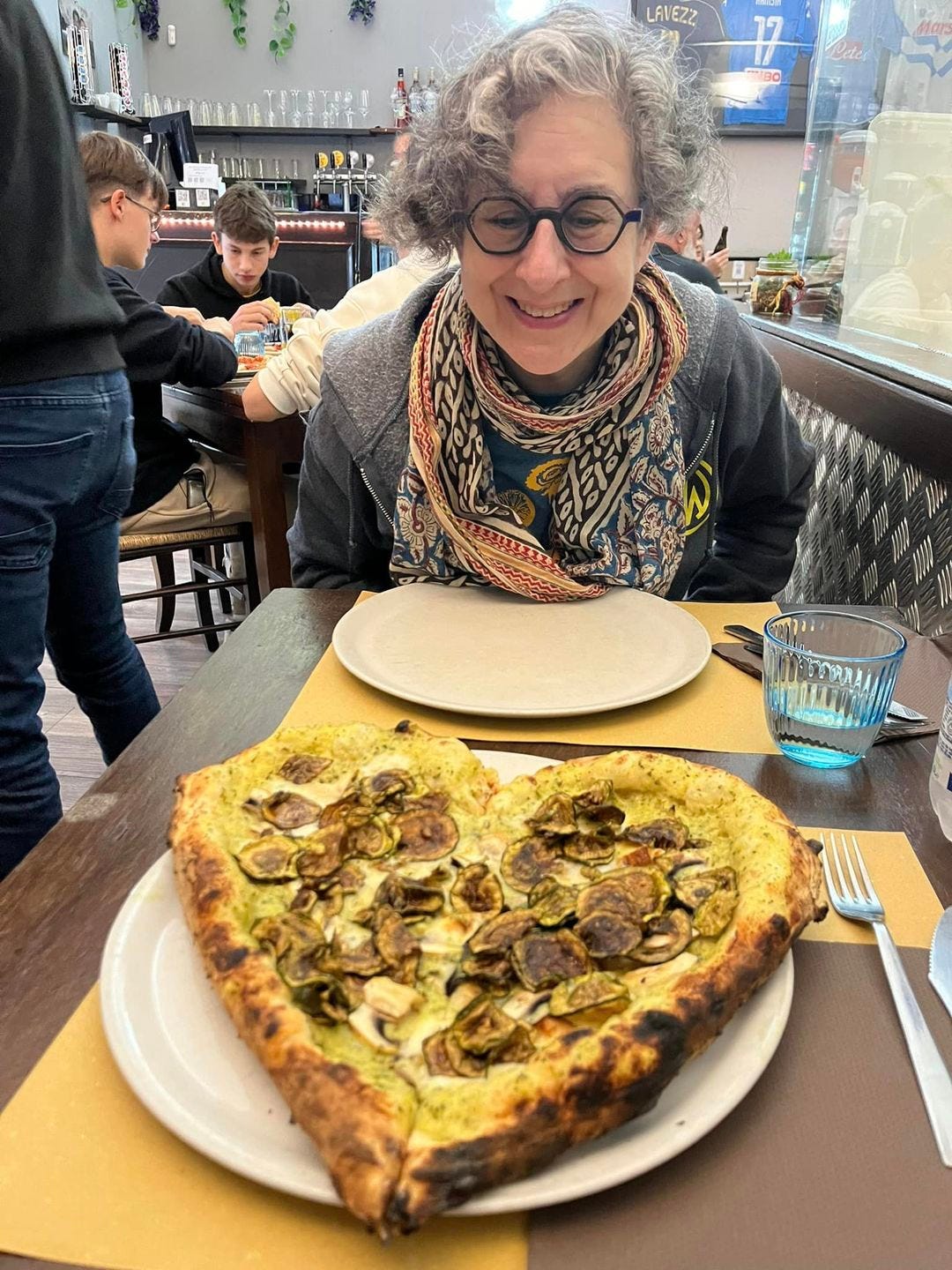
Thanks to Racheline Maltese for the advice, which I begged from them just half an hour before our train got to Zurich!
And I do love holding books! Much more than e-text, although I’ve been reading mostly that on this trip, for obvious reasons. Books smell better, for one thing, though.
Dorothy Allison read and/or was in contact with Nicola Griffith, Terri Windling, for example, and once gave a school writing prize to Sara Pinsker.
Alasdair Gray also wrote the novel Poor Things

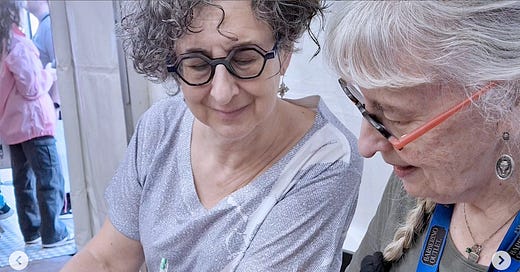


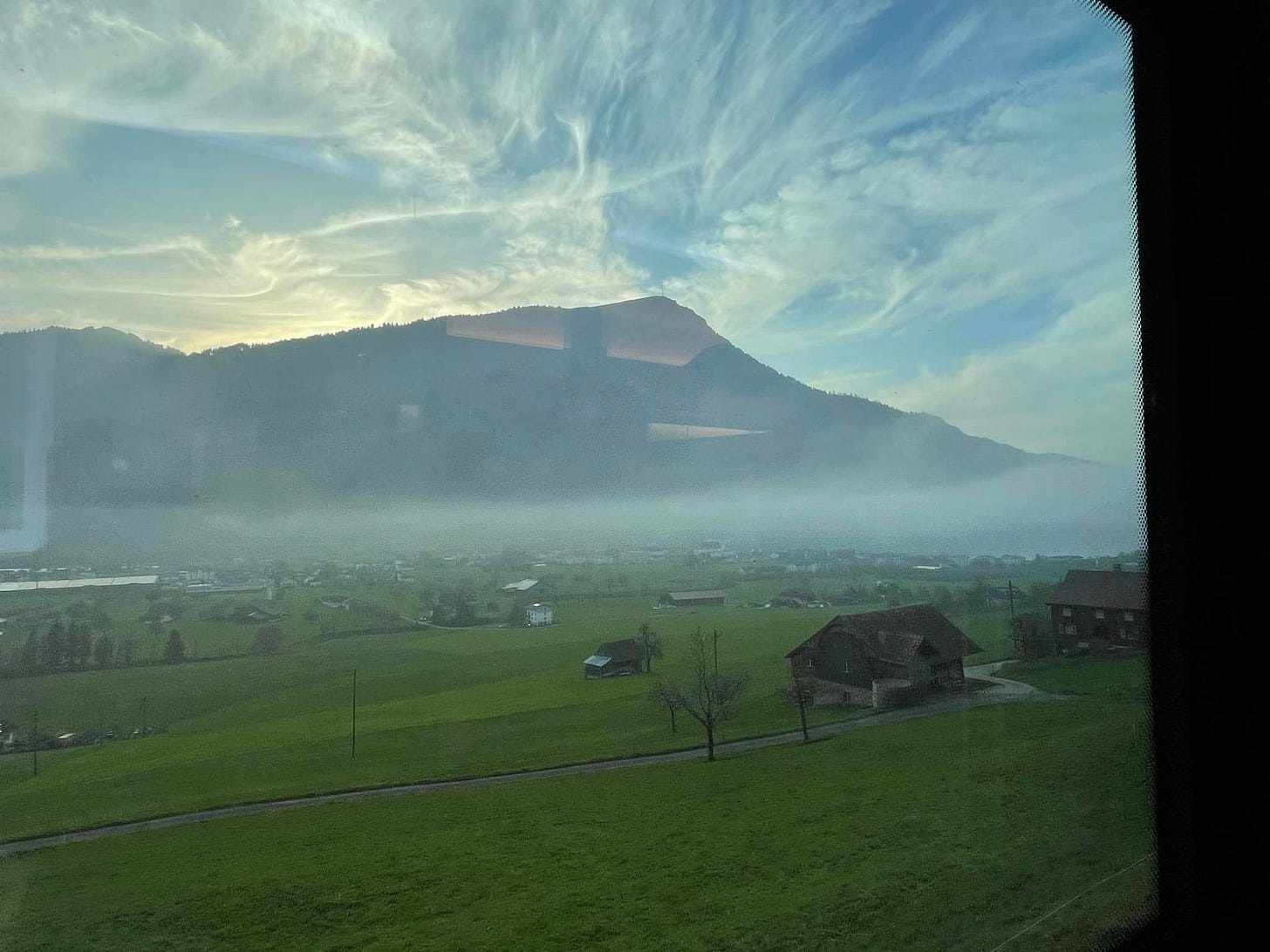
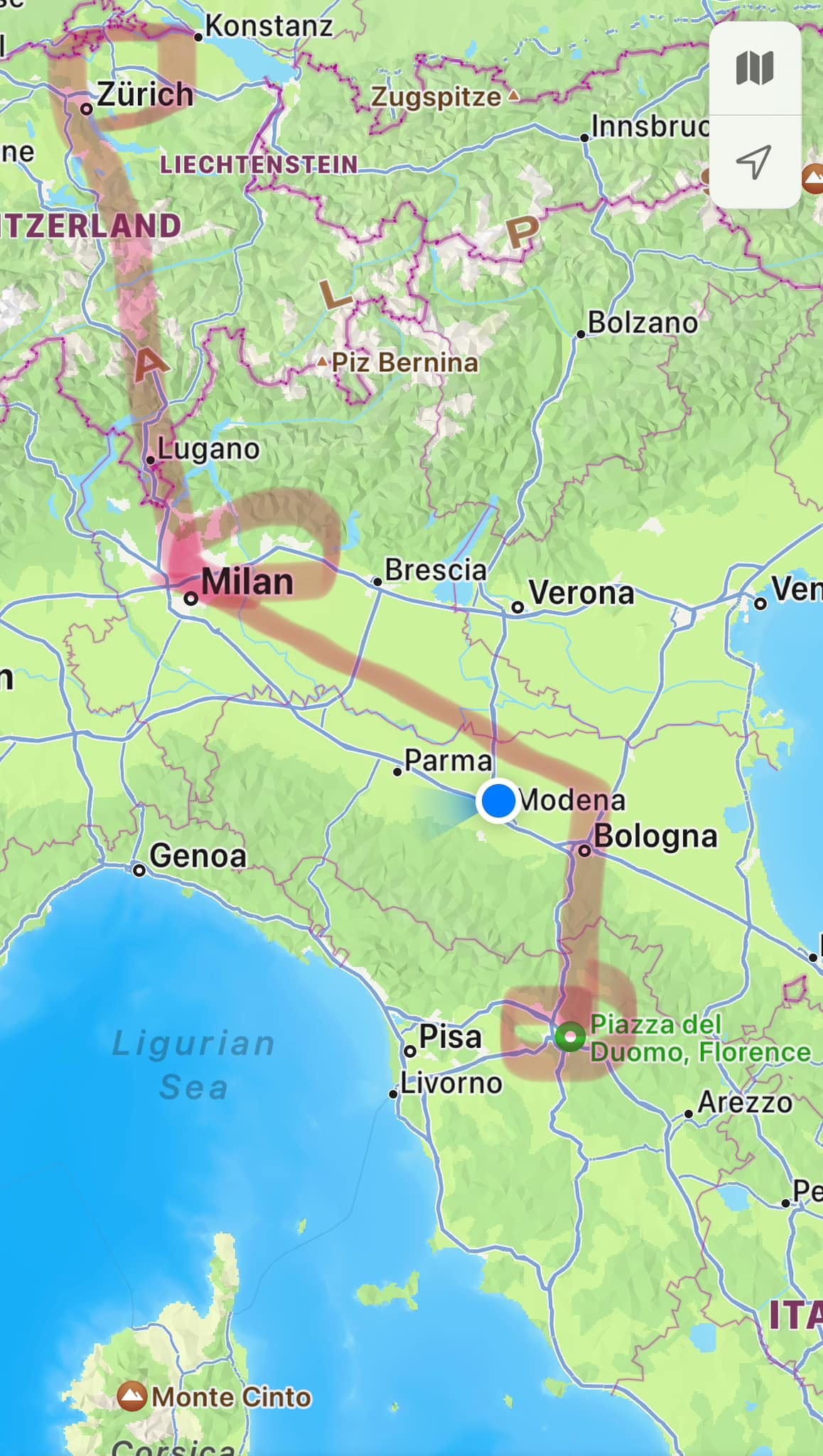
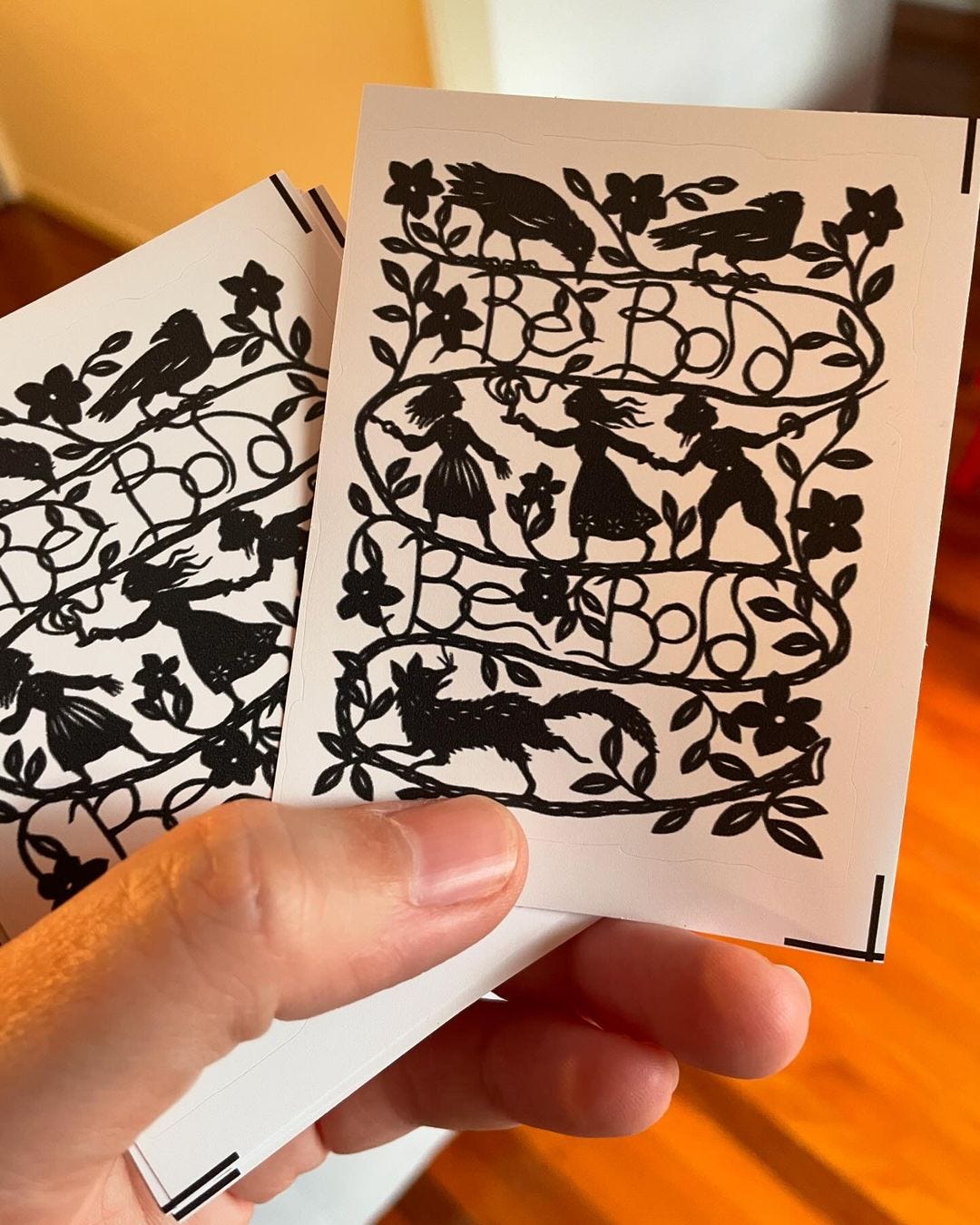
I am reminded of CS Lewis’s “Lines During a General Election”, which begins:
Their threats are terrible enough, but we could bear
All that. It is their promises that bring despair.
But we’ll get through it, as we always have done.
In my audiobook days (1993), I travelled to South Carolina to direct Dorothy reading the abridged version of Bastard Out of Carolina. (Everything was abridged in those days.) She was lovely and welcoming and I’m sorry to learn of her death.
Right now I’m alternating between The Prose Edda by Snorri Sturluson (translated byJesse L. Byock) and The Werewolf Principal, by Clifford D. Simak.